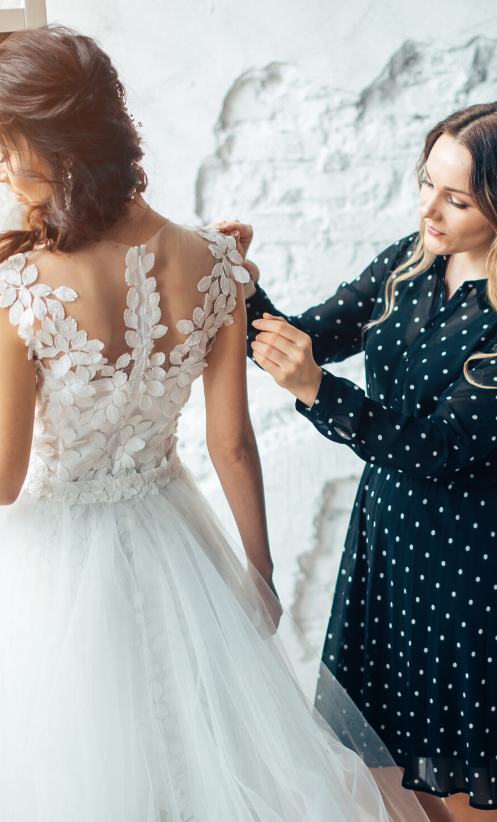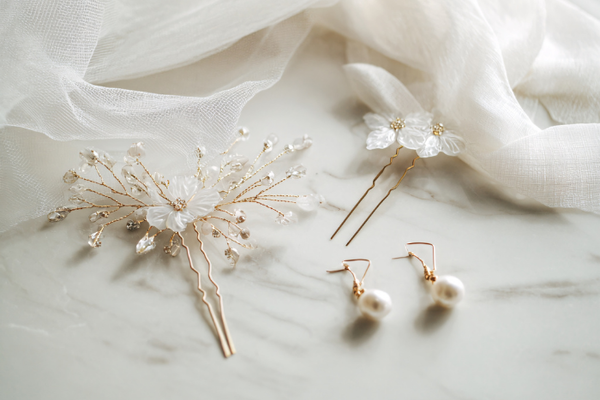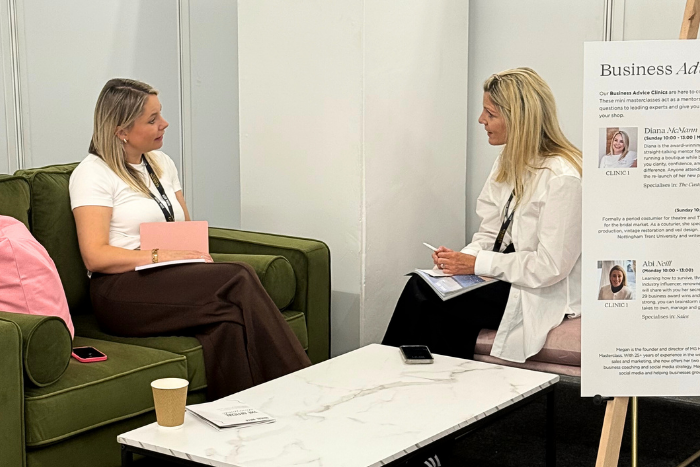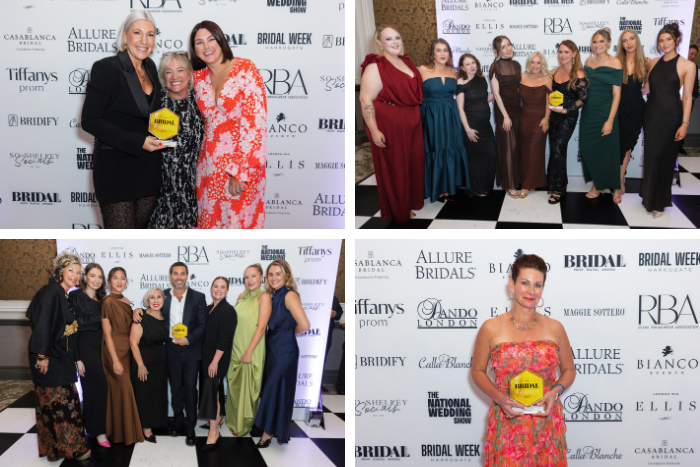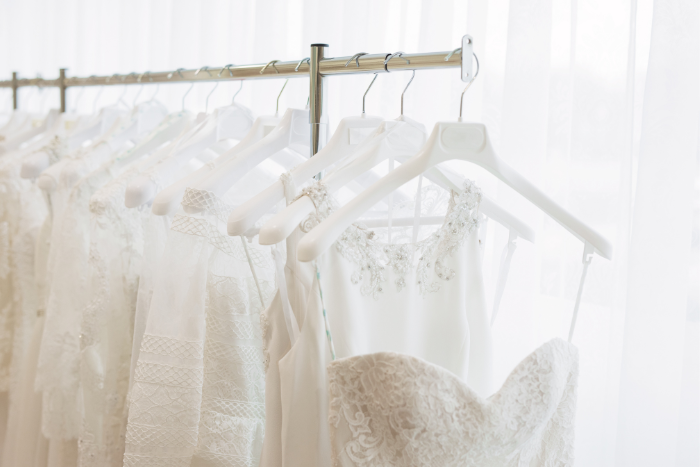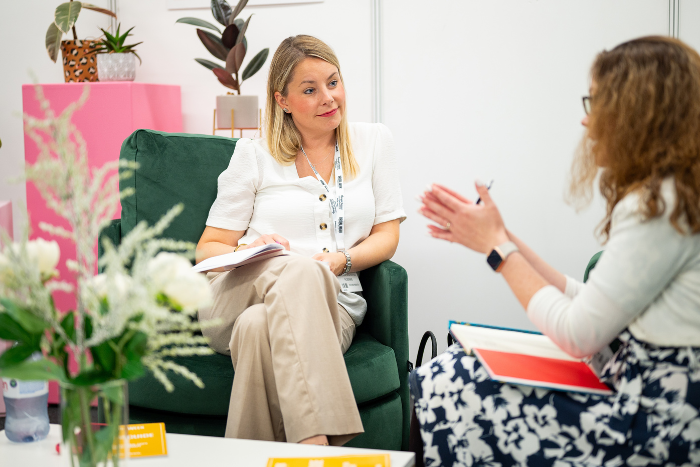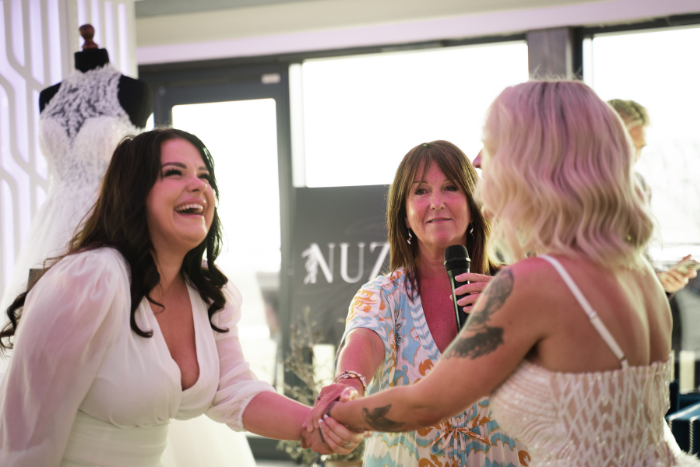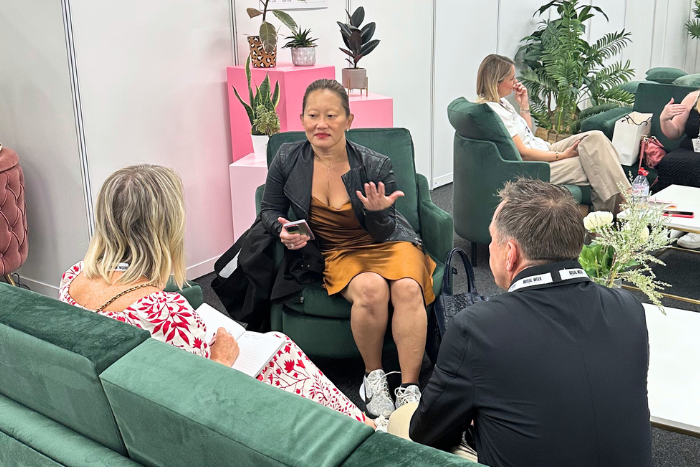How to Read Your Customer's Body Language: Our Top Tips
Our top tips on reading your customer’s body language
Research shows that 55% of all communication is body language, 38% is tone of voice, and 7% is actual words spoken. Due to this, body language is key in how we understand one another, it can help us interpret the full message of what someone is trying to say and can also be used to adjust our own body language so that we appear more positive, engaging and approachable.
Body language can be put into two categories - open signals and closed signals. Open signals consist of strong eye contact, smiling and nodding whereas closed signals include making no eye contact, frowning and crossed arms.
Having an in-depth understanding of your customer’s nonverbal cues means you can use it to your advantage when approaching them with a sale.
Read More: Making First Impressions Count in Sales
Eye contact will tell you how engaged your customer is
Eye contact is one of the more obvious nonverbal cues and is probably the most powerful. If a customer is looking at you, or the product you are selling, this is a good indication that they are engaged with you and are interested. If their eyes are scanning the room or looking towards the door this could be a sign that they are uninterested or not ready to buy at that moment. If this happens, it’s probably a good idea to offer them an alternative product or give them some time to browse alone.
Another key signal to look out for is narrowing eyes, this can suggest that a person has some trouble with what you have just said. It’s important to address anything like this as soon as it happens to reassure your customer before continuing with your discussion.
However, good eye contact also needs to be reciprocated by the salesperson. To take control of a sale it is important that you have strong eye contact with your customers, this way they know that you are engaged with them and are understanding of their needs.
Facial expressions will let you know exactly how they feel
We all know the saying, ‘a picture can tell a thousand words.’ Well, the same can be said for facial expressions. Quite often a customer’s facial expressions will reveal something they can’t say, and because of this, it’s extremely important to pay close attention to this at all times.
If your customer agrees with you their facial expressions will usually portray this. Signs to look out for include smiling, raised eyebrows and nodding as you speak. If your customer disagrees with you, they might frown or lower their eyebrows, tense their jaw or even turn their head slightly. If this happens, ask what’s wrong, apologise to the customer and provide a solution.
Another telltale sign is the mouth. If a customer’s lips are slightly turned up it might mean they are happy or optimistic, if their lips are turned down it could mean they are frustrated or annoyed. Additionally, how tightly their lips are held can also reveal a lot. If they are pressed tightly this can again mean they are unhappy or uncomfortable.
Read More: Five Selling Techniques to Guarantee a Sale
Body posture will reveal how comfortable they are
Body posture is key when it comes to nonverbal communication. If a customer agrees with you or is interested in what you have to say, then they will usually lean towards you. If they don’t, they will do the opposite and lean back to create space.
The three most important things to look out for include the customer’s torso, shoulders and feet. If your customer’s shoulders are pointed away from you it’s probably a sign that they are uninterested. However, if their torso is pointing directly at you, this is a great indicator that they focused on what you are talking about.
If a customer’s ankles are loosely crossed or their legs are stretched, this is a positive sign. This means that they are comfortable with you and accepting of what you are saying. If their feet are pulled away or their legs are crossed this is an indication that they may be in disagreement with you.
Gestures will let you know if they trust you
The dynamic nature of hand and arm gestures are another fantastic communication tool in sales. It may seem obvious, but if a customer has their arms crossed with palms facing away from you it’s usually a sign that they are not interested in what you are saying or what you are selling. If this is the case it’s important to proceed with care.
However, it’s also important to point out that crossed arms can also be a sign of a shy person. If you think this may be the case just explain to your customer that you are there to help.
If a customer has open arms with palms facing towards you this means that they have a lot of trust in you. If you receive this signal, this is the perfect opportunity for you to push your sale and even try your hand at up-selling.
Read More: Seven Ways to Drive More Footfall to Your Bridal Boutique
Mirroring body language will build rapport
Mirroring body language is a powerful tool for your sales pitch as it helps build rapport between you and your customers. It is a nonverbal way to say, ‘I agree with you’, and is also the easiest way to make your customers feel relaxed and at ease.
There are many simple ways you can do this. For example, start with smiling when they smile or laughing when they laugh. You can then take this further by walking and talking at the same pace as your customer. This will make them feel at ease and they won’t feel like they are being pressured.
However, it’s essential to keep this to a minimum – you don’t want your customers to feel like you are mocking them, instead you want them to know you are being sincere. On the other hand, it’s important to watch if your customer is mirroring you. If they are, that’s great, that means they are likely to passively accept the product you are selling them, but if they are not, it could be time to change your sales tactic or offer something different.
For more information on making your business better, take a look at Amanda Wyatt’s top tips on how to improve all aspects of your bridal business.
